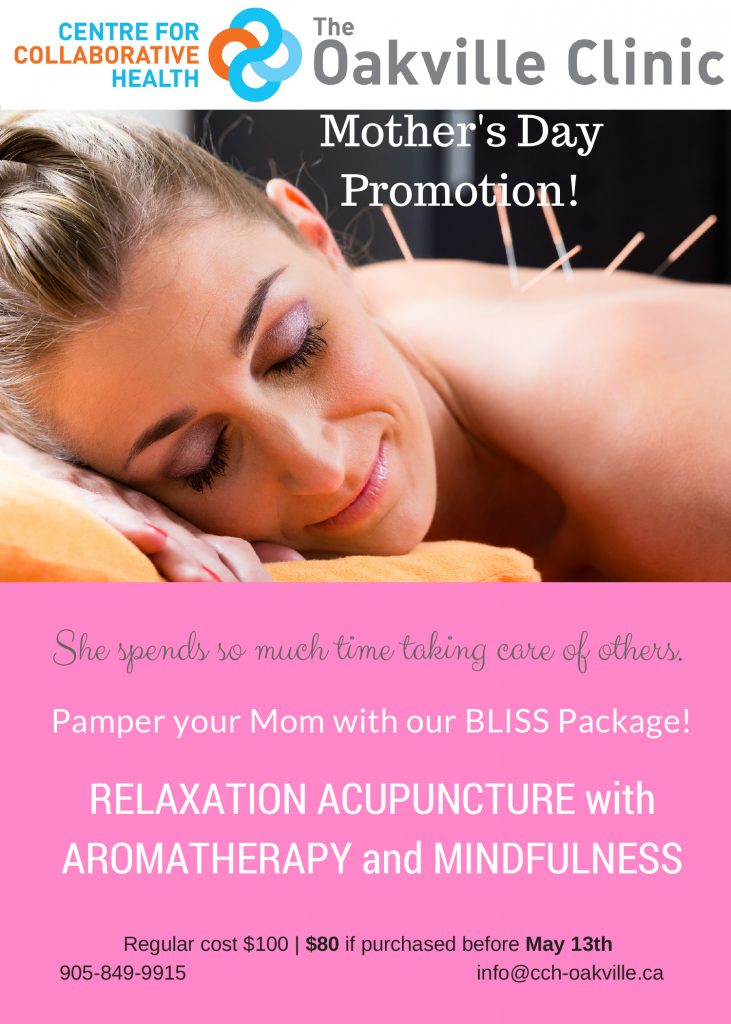Welcome to the Centre for Collaborative Health
- phone (905) 849 9915
- envelope info@cch-oakville.ca
Header Right
Experience our unique approach to health!
Main navigation
Paediatric Naturopath Care
At CCH we are dedicated to pediatric naturopathic care, where we explore the holistic approach to promoting and maintaining children’s health and well-being. Pediatric naturopathy emphasizes natural and gentle therapies, nutrition, and preventive measures to support the health of your little ones.
To learn more about the principles, benefits, and key aspects of pediatric naturopathic care, see below.
What is Paediatric Naturopath Care?
Pediatric naturopathic care is a specialized branch of naturopathic medicine tailored to the unique needs of children from infancy through adolescence. It aligns with the core principles of naturopathy while addressing the specific concerns and developmental stages of young patients.
Our paediatric naturopathic doctors use a variety of natural and holistic methods to support the health and well-being of children. These methods are selected based on the child’s individual needs and health concerns. Some common methods and therapies employed by our naturopathic doctors include: nutrition counselling, herbal preparations, homeopathy, physical therapies, mind-body techniques, lifestyle counselling, supplementation, and more! Our paediatric naturopathic doctors create personalized treatment plans tailored to each child’s unique health history, genetics, and specific health concerns.

Benefits of Pediatric Naturopath Care
Gentle and Safe: Natural therapies used in pediatric naturopathy are gentle and have minimal side effects, making them well-suited for children.
Empowerment and Education: Parents are actively involved in their child’s care and learn valuable tools for maintaining their child’s health.
Preventive Focus: By addressing root causes and promoting wellness, pediatric naturopathic care helps prevent future health problems.
Complementary Approach: It can complement conventional medical care, providing additional options for parents and caregivers.
Holistic Well-Being: Pediatric naturopathy fosters not only physical health but also emotional and mental well-being, promoting balanced growth and development. Learn more about our naturopath services for your family.
Paediatric naturopathic care offers a gentle and holistic approach to children’s health, emphasizing natural therapies, nutrition, and preventive measures. By addressing the root causes of health issues and supporting the body’s natural healing abilities, it helps children thrive and grow in a healthy and balanced way. Learn about nutrition counseling, acupuncture, and live blood analysis for deeper insights into your health and well-being.
Paediatric Naturopath Doctors For Kids
It’s important to note that pediatric naturopathic doctors work collaboratively with parents and caregivers, as well as with conventional healthcare providers when necessary, to ensure the best possible care for the child. The choice of methods and therapies is always based on the child’s individual needs and is designed to support their growth, development, and overall health gently and naturally.
What does the first pediatric appointment look like?
It’s not unlike an adult naturopathic appointment, but it is significantly shorter. We take a deep dive in health history, birth history and family history. I always ask about school, inquiring about any challenges the child faces from a social or academic point of view.
If the child is at the appointment (which is preferable, but not always the case), we tailor our questions so that they are creative and fun. Colouring, toys, and sensory stims are usually available at the appointment to help the child adapt and open up. Once we get through the investigative portion, we do the necessary physical exams and discuss treatment plans.
What does a paediatric naturopath treatment plan look like for a kid?
As with the adults, I try to make my treatment plans comprehensive and accessible to families. Sometimes, it’s a quick fix and other times it takes some time, so I outline those details to families to make sure they are fully informed. If laboratory testing is required for further investigation, that will be a part of the conversation. If requested and/or required, I invite families to involve other healthcare practitioners and doctors in the child’s care. If supplements are being prescribed, I do so at a therapeutic dose with a definitive timeline. Kids (and adults) should not be on a supplement forever. Of course there are exceptions, but my philosophy is cycling through the essentials. Botanical medicine is a great tool to use too, and offers an energetic component that vitamins or minerals often lack. For kids, I choose to use glycerate tinctures, fresh herbs and plants, or use teas.
Nutrition and lifestyle counseling are generally at the forefront of a treatment plan, though they are not the only things naturopaths discuss. This naturopath does not push restrictive diets (especially on children) unless it is clear there is one food that is not working for the child’s current condition. The topic of food is difficult to discuss, as it is personal and cultural. Unless there is heaping evidence to support one dietary claim, it’s not often I’m talking about diets. Other modalities I use are homeopathy, physical therapy, acupuncture, and hydrotherapy. Once the main concerns are addressed, we talk about next steps, making sure to focus on educating families about the power of preventative medicine.
How often do you see your kid patients?
It depends on their conditions and their overall treatment plan. If acupuncture is involved, then there is a set protocol, usually every week for 6-8 weeks depending on the condition. With supplementation and botanical medicine, a Paediatric naturopath often requires families to check back in after a month to assess tolerability and efficacy. If we need to modify a dose or change something entirely, it’s best to do so after a month. Generally, condition based treatment plans require 2-3 visits, but there is no specific limit. If I see a child for preventative medicine purposes, I invite families to check in with me 3 or 4 times a year. This ensures that we are making preventative medicine the focus of our visits and ensures accountability on the family’s part. Selfishly, I also like to watch a child’s progression and growth, especially during their elementary years. I find those check-in conversations are the best; they do a lot more teaching to me than I do to them.
What are you treating most often these days?
I find it’s very seasonal. Come the start of the scholastic year, we are discussing how to boost the immune system and prevent illness. The start of the scholastic year also brings families who are interested in holistic educational-based care, especially if they have children who are neurodivergent or have learning disabilities. Our conversations often revolve around how to enhance attention, focus, and cognition in and outside the school setting. For older kids and teens, exam season in December and January shifts the conversation towards stress management and resilience. Allergies are also a hot topic in the springtime. Then of course there are skin and digestive issues, which are year-round. Hormonal and sexual health tends to be a common theme for teenagers with skin and digestive concerns.
What is it like using acupuncture with kids?
It’s the coolest thing to watch, but I find the hardest part is getting kids comfortable with the needle insertion. Most kids find acupuncture pretty scary in the beginning – they’re needles after all and needles are associated with the ouch. So we try to make it as comfortable as possible in the beginning by taking additional steps. First, I get the child to inspect the acupuncture needle and show them how thin they are compared to the needles in the doctor’s office. Then we do a test run with one needle by inserting it into a fleshier part of the body to show that it does not hurt. Once they have acclimatized, I insert the needles in the proper points as quickly as possible. I try to limit the number of needles to 5-8. We set a timer, so they watch how long the needles stay in. They do not stay very long, as a child’s Qi is pretty easy to access and move around. We play their favorite music or videos and wait for the time to go by. This is usually the time I continue to ask more questions or get them to tell me a story.
Are there any supplements you tend to always recommend for children?
All children are different and based on their conditions, not every supplement is appropriate for every child. Without knowing their health history, I can’t make general recommendations. I’d say most kids are on vitamin D and some form of magnesium.
What makes supplementing for children different from adults?
First thing is dosing. Smaller kids = smaller doses, that’s for everything a child takes from prescription medication, OTC meds, to supplements. Monitoring parameters are also different depending on the supplement. I also find that children do not need to take a supplement for as long as an adult does. So duration would change too.
Any food recommendations you tend to suggest?
If sensory and texture is not an issue for the child, I probably recommend smoothies or
smoothie popsicles most often. Really though, any new food that diversifies the diet is a win.
What are the non-negotiables of lifestyle management for kids?
Slowing down. Our kids are overworked, over scheduled and over stressed. It’s almost like the plight of adulthood is now affecting the younger generations. Slowing down, letting them be “bored”, is a privilege in today’s world, but the best medicine (in my biased opinion). Slowing down lets them reset and recharge, regulates emotions, foster resilience for future stress and adversities, and nourishes their creative thinking. The philosophy of cloud watching is becoming lost in these future generations, so maybe it’s time to reintroduce it back into our lives.
To learn more about our paediatric naturopathic doctor, Dr. Giuliana Vicinanzo, ND, click here. Ontario naturopaths are Board certified in Ontario, learn more.
Experience Our Unique Approach to Health
Footer
Centre for Collaborative Health

The Centre for Collaborative Health is Oakville’s first collaborative health clinic, reimagined to serve you best. We have brought together a team of healthcare experts, combining the best of conventional and complementary medicine, to serve the Oakville community with premier team-based health, all under one roof.

